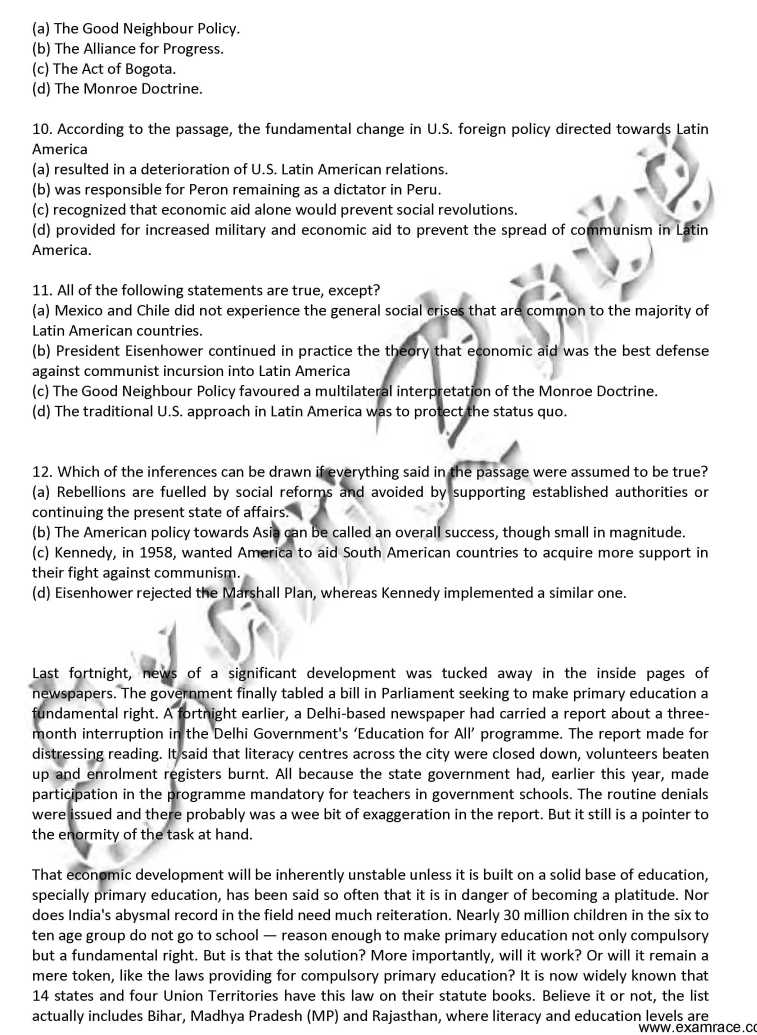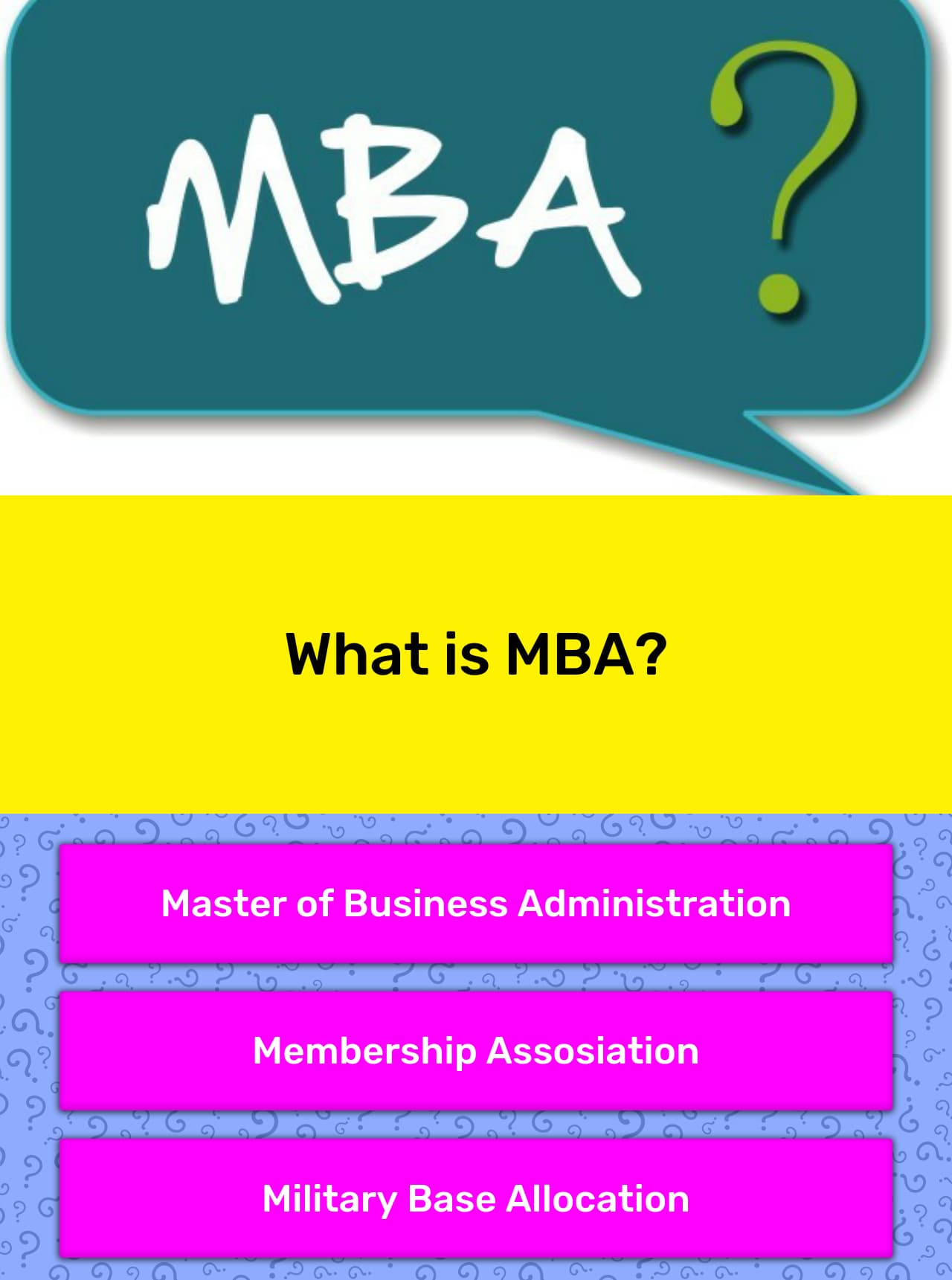

the stakes, for you, are particularly high.

You might feel that a decision is hard because: Ultimately, what defines a hard decision isn’t so much the decision itself, but how it is perceived by the decision maker. In this Guide, I will give you an overview of some of these tools and techniques, and how you can use them to accelerate and improve your decision-making. It is about giving people the tools and confidence to trust their own choices and to act upon them. Unlike a mentor, this is not about giving advice. My work as an executive coach involves helping people make these tough decisions for themselves and ultimately by themselves. This is the question we face time and time again, whether it applies to a relationship, a job, the home we inhabit, or any other critical dilemma. The point is that you have this capacity to commit and to create value for yourself in your life instead of being a passive recipient.0:01 Brought to you by Curio, a Psyche partner Need to knowĪ couple of years ago, following the publication of my book The Art of Decision Making (2019), I took part in the BBC Radio 4 programme ‘Should I Stay or Should I Go?’ named after the 1981 hit song by the Clash. Most of us drift and go along with the status quo and were quite timid for good reasons, because if you think about our evolutionary history, you put a foot wrong and a snake bites you or you fall into quicksand. On the other hand, most of us are not like that. People admire people who appear to be always moving forward, doing scary, risky things. But if you are in a committed relationship, it's because your commitment to that person makes that person the right person for you. There's a bunch of people who are on a par. The truth is there isn't one person on the globe who's best for you with respect to all the things that matter and having a life partner. I think the best analogy of this is really love relationships. You actually get to create that value for yourself by committing. That's what's so scary about them, right? It's something we get to decide instead of looking out into the world and trying to discover some nonexistent fact about which path of life is best for you. They're like junctures in our life where we get to realize ourselves as one kind of agent as opposed to another. And when you commit to one path as opposed to another, you put your whole self behind it.Īnd when you do that, when you open yourself up to the possibility of making a commitment, you finally remake yourself right into or realize yourself as someone who has committed - to Bob, or to the career on the West Coast, or lumberjack-hood - and you make yourself into someone for whom it is now true that you have most reason to do that instead of the other thing. You have to open yourself up to the possibility of making a commitment. I call the small improvement test, and it doesn't follow that improving it a little bit makes it much better than the other one, then, you know, you're stuck in a hard choice. It doesn't make that improved job now better than the East Coast job. It's better than it was before, but it doesn't seal the deal. Say we're going to raise the salary of your West Coast job by a thousand dollars a year.

One job is better than the other in some respects, but it doesn't seem like one of them is at least as good as the other. Suppose you've got the one career on the West Coast and the other career on the East Coast.
#Making hard decisions mba quiz hao wei how to#
On how to know you're facing a really hard choice, or her "small improvement test" Highlights from our conversation are below, edited for brevity and clarity. That's when the hand-wringing kicks in.Ĭhang can't tell you what choice to pick, but she can give you useful strategies for thinking through those choices. "One alternative is better than the other in some respects the other alternative is better than the other in other respects and neither seems at least as good as the other, overall," says Chang.


 0 kommentar(er)
0 kommentar(er)
